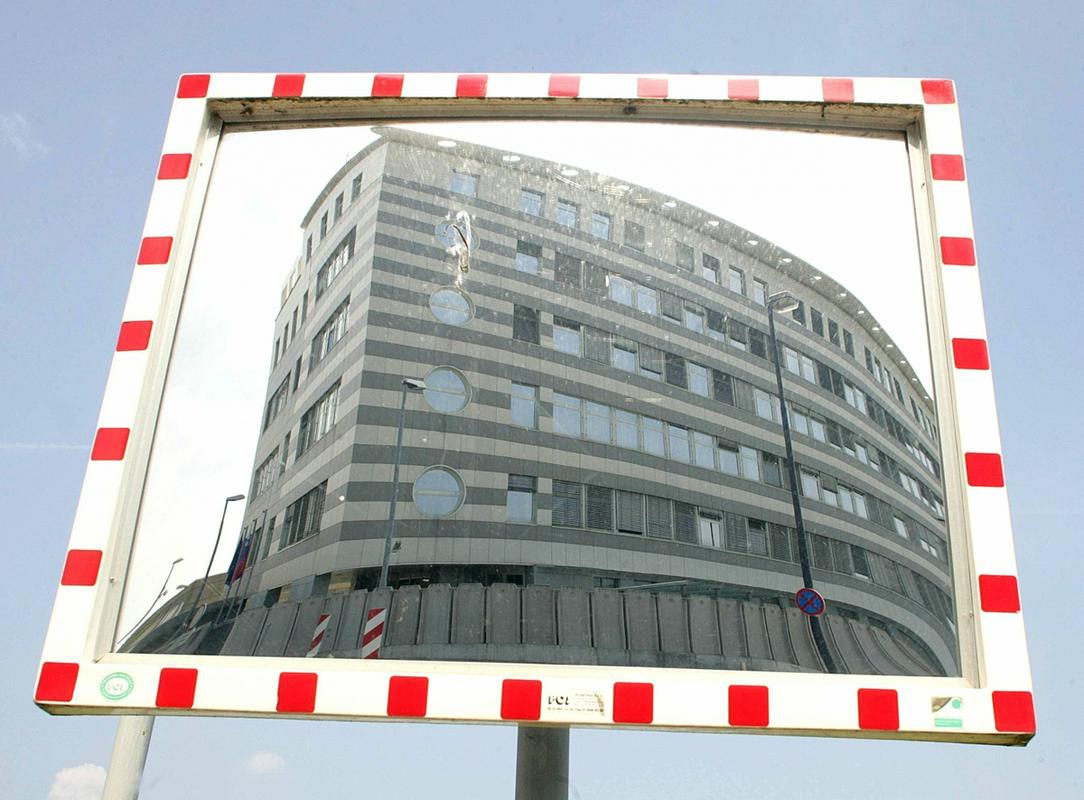Denis Čaleta of the Faculty of Government and European Studies believes it is paramount that we hold SOVA accountable for their actions.
News Portal Pod Črto recently published a draft of the proposed new SOVA bill that would give the agency sweeping powers at home. The bill says that SOVA could gather intelligence on “people who incite intolerance and violence, and people who could threaten national security, violate the constitution or endanger the strategic interests of the country.”
The bill would allow SOVA to enter into agreements with other agencies or operators, including the national postal services operator and ISPs, giving SOVA direct access to their data. SOVA would not be required to inform the user that he or she is being spied on. The users would only find out that they were being monitored after their files are declassified, and even then the agency would not be required to disclose to these individuals all the intelligence gathered on them.
The bill would also allow SOVA to set up fake companies, and search homes, company premises, and vehicles owned by Slovene citizens – and temporarily seize any items found during these searches. Moreover, SOVA could intercept and monitor digital and analogue communications (including foreign communications), use IMSI catchers to spy on mobile phones, break into computers, remotely install Trojans, etc.
The agency’s powers would be limited in time and scope, and the director of SOVA would have to get a court order from a supreme judge – whose identity would be kept secret – before carrying out surveillance or engaging in any of the aforementioned activities. Thrice yearly, a senate consisting of three judges would assess whether the court orders were issued properly. The bill says that SOVA would be supervised internally, but there is no mention of external supervision. If a judge determines that an individual’s personal information has been obtained illegally, the individual’s personal information will be deleted, but SOVA will not face any sanctions.
“There are insufficient checks and balances in the bill,” said Denis Čaleta of the Faculty of Government and European Studies, adding that such an inadequate system of checks and balances is ill-suited to a modern and democratic society. He said he hopes that the draft bill will be revised.
Čaleta does agree, though, that the Act on the Slovenian Intelligence and Security Service needs an overhaul – especially in light of new security threats. However, he stressed that SOVA also needs more funding, more personnel, and hi-tech equipment to tackle the current security situation in Slovenia.
Andrej Čebokli; translated by D. V.


































































